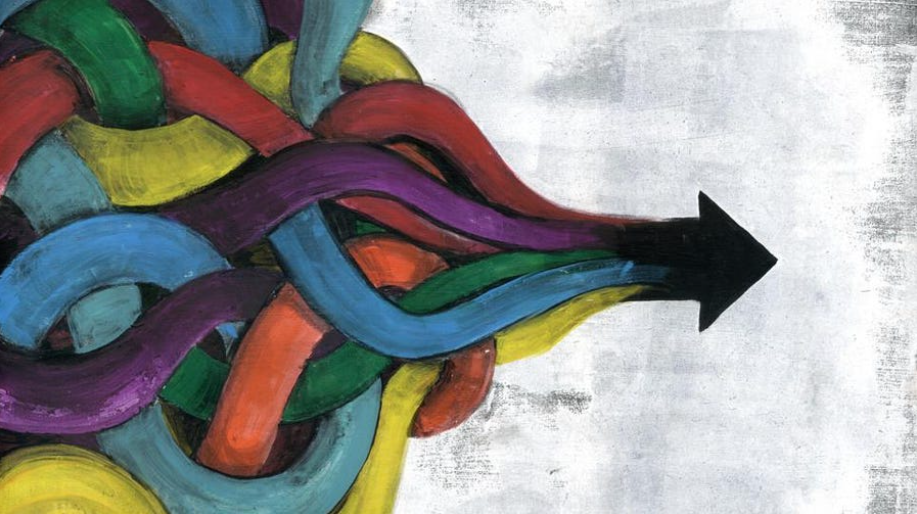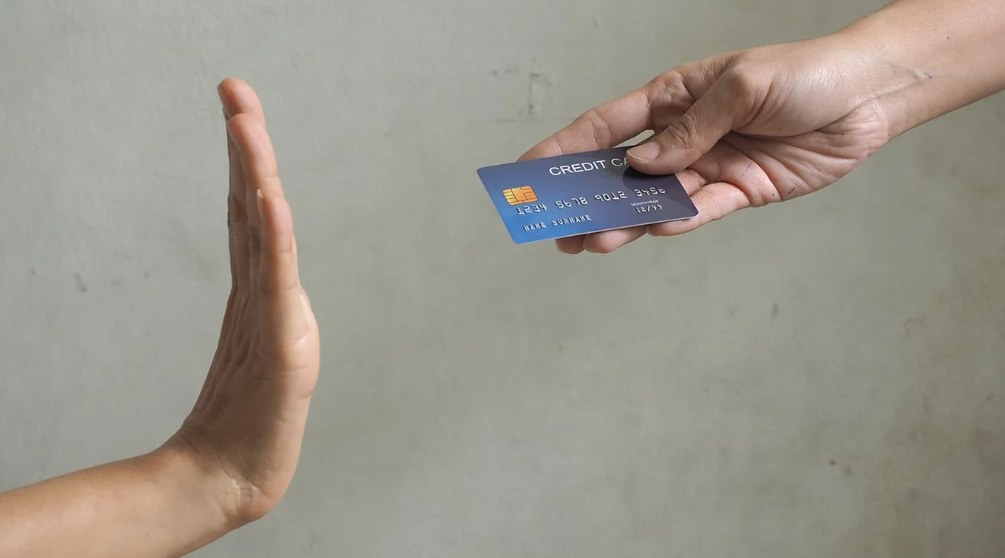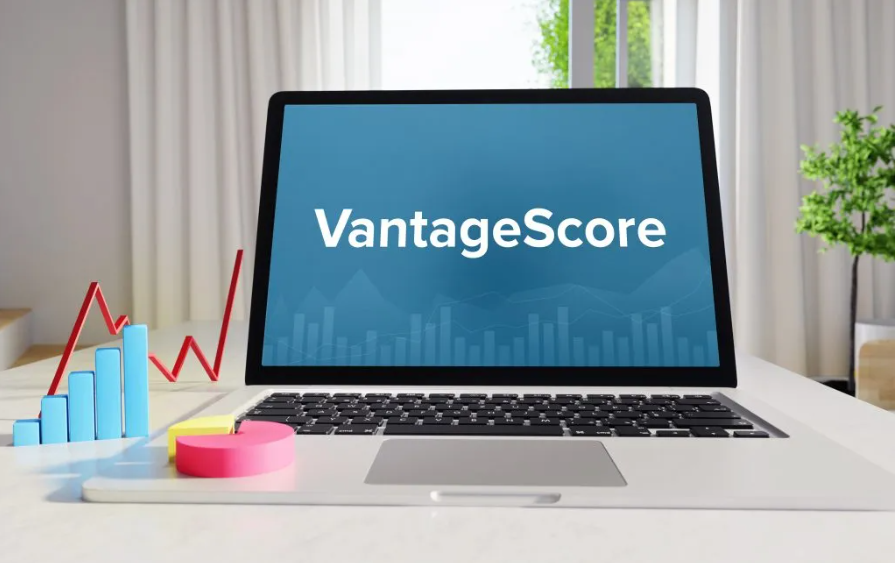Credit Vs Debt
What Is the Difference Between Credit and Debt?
When you are learning about money management, the words “debt” and “credit” are very common. While the two terms have to do with money, credit and debt are not the same things.
Debt is the amount you owe, while credit is the amount you can borrow. You make a loan using credit to borrow money. Suppose you charge 200 on a credit card with a $ 1,000 credit limit. You now have 200 in debt on this account and $ 800 ($ 1,000 – $ 200 = $ 800) in available credit.
Credit and debt are not the same things, but they together form an important part of your financial picture. It is important to learn how to manage both financially and to achieve your financial goals.

What is credit?
There are many ways to define credit. This could be the amount of money available for you to borrow or it could be your ability to borrow. Lenders use your credit score to determine your creditworthiness. If you have a low credit score, they will not give you any or all of the credit and will increase your interest rate. The higher it is, the more credit you will have and the lower your interest rates. The credit helps pay for your purchases when you do not have enough cash or assets to do so.
What is debt?
Debt is the result of taking credit. This is the amount you have borrowed. It is always refunded with interest and other fees such as initial fee, monthly fee, or administration fee. For example, your personal loan, home loan, vehicle loan, and business loan are all amounts you owe. But the situation is different with credit facilities like credit cards, store cards, and overdrafts. With them, you will always have credit available so that you can borrow whenever you want. But when you start using this credit, you have taken out a loan that you will need to repay on the terms that you agreed with the credit provider.
How does credit work?
Lenders evaluate your credit history and your creditworthiness by assessing your ability to repay a loan in the past. Your credit history is detailed in credit reports that show your credit activity, including the date of your payment with each of your credit accounts.
The three major credit bureaus, Experian, TransUnion, and Equifax generate consumer credit reports based on lending and payment data that are voluntarily reported by lenders. Checking your credit reports is often one of the first steps lenders, credit card issuers, and other lenders take when evaluating your creditworthiness and deciding to give you credit.
Good Debt vs. Bad Debt
Some loans are considered “good”, especially when they have long-term benefits. Such benefits include cheaper payments and the opportunity to make money or improve your income. Here are some examples of good credit:
👉🏼 Student Loans: Student loans can be a good loan and a wise investment in a student’s future if it provides them with knowledge and skills so that they can significantly increase their earning potential and achieve their goals.
👉🏼 Mortgages: Mortgages are generally considered to be a good loan because not only will you be able to get home, but the value of the property may also increase over time. As you repay the home, you will make the equity a valuable asset. Additionally, you may be able to get a mortgage to buy an income-generating rental property. You can then add this income to your retirement savings or investment portfolio.
👉🏼 Business Investments: Business loans allow you to start or grow a business that can support you and your family. Another way to build a business loan is to create an asset that you can sell or transfer to your family.
Other loans do little to improve your well-being and can hurt you financially if you are not careful. Some loans make it difficult to keep payments and can lead to financial difficulties, such as:
👉🏼 Payday loans: Payday loans are offered to borrowers in small amounts, often for only a few hundred dollars. Most of the time, you have to repay the loan in full within two weeks, with fees ranging from $ 10 to $ 30 for every $ 100.
If the salaried lender charges you $ 15 per $ 100, this is equivalent to an annual interest rate (APR) of approximately 400% for a two-week loan. In that case, if you borrow $ 400, you will have $460 and two weeks to pay off the debt. Unfortunately, many lenders are unable to repay their debts in full and have to borrow extra to pay off their original balance. These borrowers can get caught up in the cycle of debt, borrowing and repaying expensive short-term loans.
👉🏼 Car Title Loans: Car title loans come with terms that can lead to financial difficulties. This is because for these loans you need to hand over the title of your car to the lenders, thus you give them ownership of your car till you repay the loan. If you fail to pay, the lender can seize the car and sell it. This can be a catastrophic blow to borrowers who are struggling financially and need a car to get to work.
How credit and debt work for you
It’s always a good idea to keep your debt to a minimum, but you don’t have to avoid it altogether. A good loan can help you achieve personal and financial goals, such as buying a home or getting a college degree.
Here are some ways to handle debt consolidation:
- 👉🏼 Check your credit reports frequently. You can get weekly free access to your credit reports from three major credit bureaus on AnnualCreditReport.com until December 31, 2022. You can also check your Experian credit report and FICO® score for free through Experian. Frequent review of your credit reports can help you identify the wrong or counterfeit items that could damage your credit score so you can take steps to resolve them.
- 👉🏼 Make all payments on time. Late payments can last up to seven years on your credit report, so make sure you submit your payments by the due date.
- 👉🏼 Keep the balance low. Maintaining a low balance or, ideally, paying off your balance in full can help you keep your credit utilization ratio low. Scoring models measure your total credit usage on all of your revolving accounts, as well as individual accounts.
- 👉🏼 Don’t borrow too much. Borrowing more than you can repay increases the chances that you will lose your payments or worse, default on your account. This scenario can damage your credit score, making it difficult to borrow on the road.
- 👉🏼 Do more than the minimum payment. Paying more than the minimum amount due helps you to reduce the interest charges. In addition, using and paying for your credit card each month can lead you to a higher credit score.






